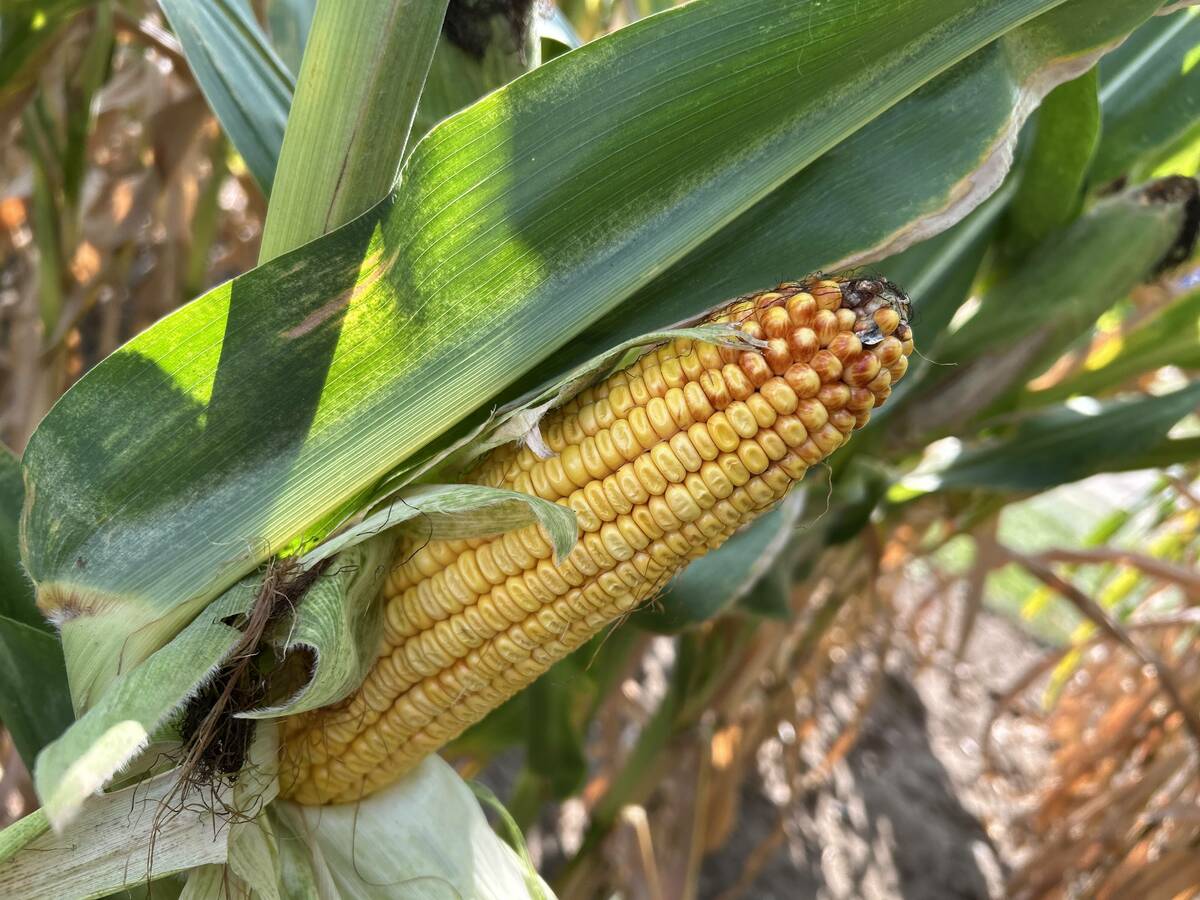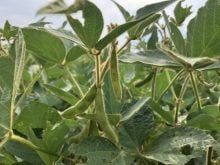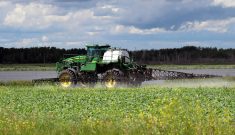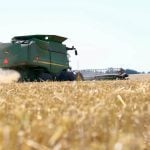On a scale of one to five, it’s a four.
That’s how Canadian Pork Council executive director Martin Rice views the U.S. Department of Agriculture’s interim final rule on mandatory country-of-origin labelling (COOL).
“Somewhat slightly positive, not wildly positive, which would be a five,” he said.
Rice said the new regulations aren’t likely to create as many difficulties as the industry feared when COOL was first introduced in the 2002 farm bill. On the other hand, the revised program will create more paperwork aimed at creating an audit trail for enforcement purposes.
Read Also

Crop estimates show mixed results
Model-based estimates used by Statistics Canada showed the 2025/26 crop year has seen increases in canola, corn for grain, oats and lentils production while seeing dips in spring wheat, durum wheat, soybeans and barley in comparison to 2024/25.
“There’s definitely going to have to be compliance with the law, in terms of paperwork,” he said.
“But in terms of the program interfering with business as it has been carried out, as in U.S. packers being able to process Canadian born pigs and treat them as part of their overall pork supply, this proposal could limit it to those who really want it, rather than imposing it on everybody.”
The longer-term impact of the regulations will depend on American consumers’ willingness to pay more for homegrown product, he said, and whether retailers will choose to wall themselves off from non-U.S. suppliers to put a particular label on their shelves.
Some processors who see a demand for U.S.-only product may choose to segregate slaughter lines or stop buying foreign animals, he added, but others may be content to market products with labels indicating multiple countries of origin.
Rice said exemptions for food services, exporters and processors will ensure that demand continues at normal levels for a good portion of the Canadian hogs shipped south.
“What we don’t want is for the rest of it to be used as a price discount issue for what people will pay for Canadian pigs.”
On July 30, Manitoba Pork Council manager Andrew Dickson said he was still awaiting a report from the council’s Washington lawyer detailing the full implications.
“Our initial reading is that the weanling guys should still be able to ship their pigs because the plants will be able to use the multiple countries of origin label,” he said.
“That’s a big step forward.”














